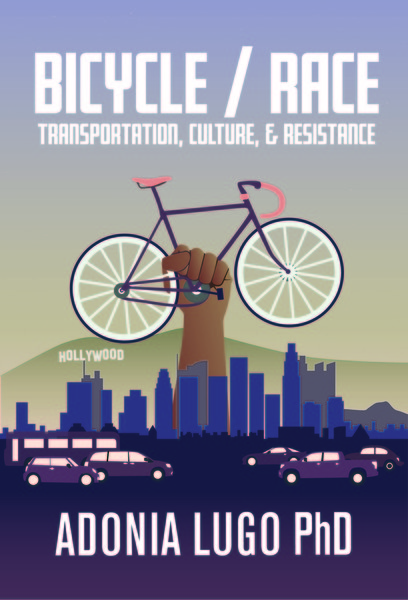Seattle's really socking it to me right now, season-wise. Fall has always been my favorite season, even though growing up in Southern California it was less about colorful leaves and more about HELLSTORMS and UNCONTAINED BLAZES, aka fire season. A dry pile of leaves? Dangerous fire hazard, not a crunchy trampoline or, in Calvin's case, a talking monster. I'm so down to be living in a city where it's crisp and cold out, and even at the moment clear and dry! Whoop.
I finally made it down to the local OWS/99% encampment at Westlake Park today. Even though police had cleared all the tents this morning, there were lots of people sitting in the park, having conversations, and looking around. With the youthful and grungy feel to the crowd, it seemed like a European square rather than a disused plaza like we so often see in these United States.
Protests have a dual character. They put forth a perspective on some policy, but they also queer how people use urban space. Usually we flow through it instead of holding still. Often we're alone on our way to or from someplace, crossing paths with many strangers on other trajectories, instead of moving in a group with a common purpose. The power of numbers, of having a critical mass of people, doesn't just demonstrate something to observers. It creates a different kind of public space. I've written about this aspect of protest here, and in my dissertation I'm writing about the legacy of the Situationist International as it relates to creative uses of space like ciclovías.
As a sustainable-urban-living activist, I feel like protests tend to be a performance of a fantasy 1968, referencing rather than stimulating a political shift. It feels pretty energizing, but then everyone goes home, back to their lives, where they may or may not conceive of their everyday practices as relating to the things they were protesting. But occupying urban space can itself be an important statement in a
country where people spend so much time alone in cars and subdivisions.
I wonder if for many of the people participating in this ongoing
protest, it might be as much about spending time with other humans as it
is about resisting economic exploitation.
A few New York blogs have commented on Occupy Wall Street's use of privately owned public open space (here and here). I don't know what the situation is here in Seattle in terms of private or public ownership, but I do know that Seattle's public spaces sometimes feel lonely, even when there are people around. Westlake didn't feel lonely today. Walking my bike up Pike Street after leaving Westlake, I saw a
large group of people on a corner. Protesting? No, waiting for the bus.

